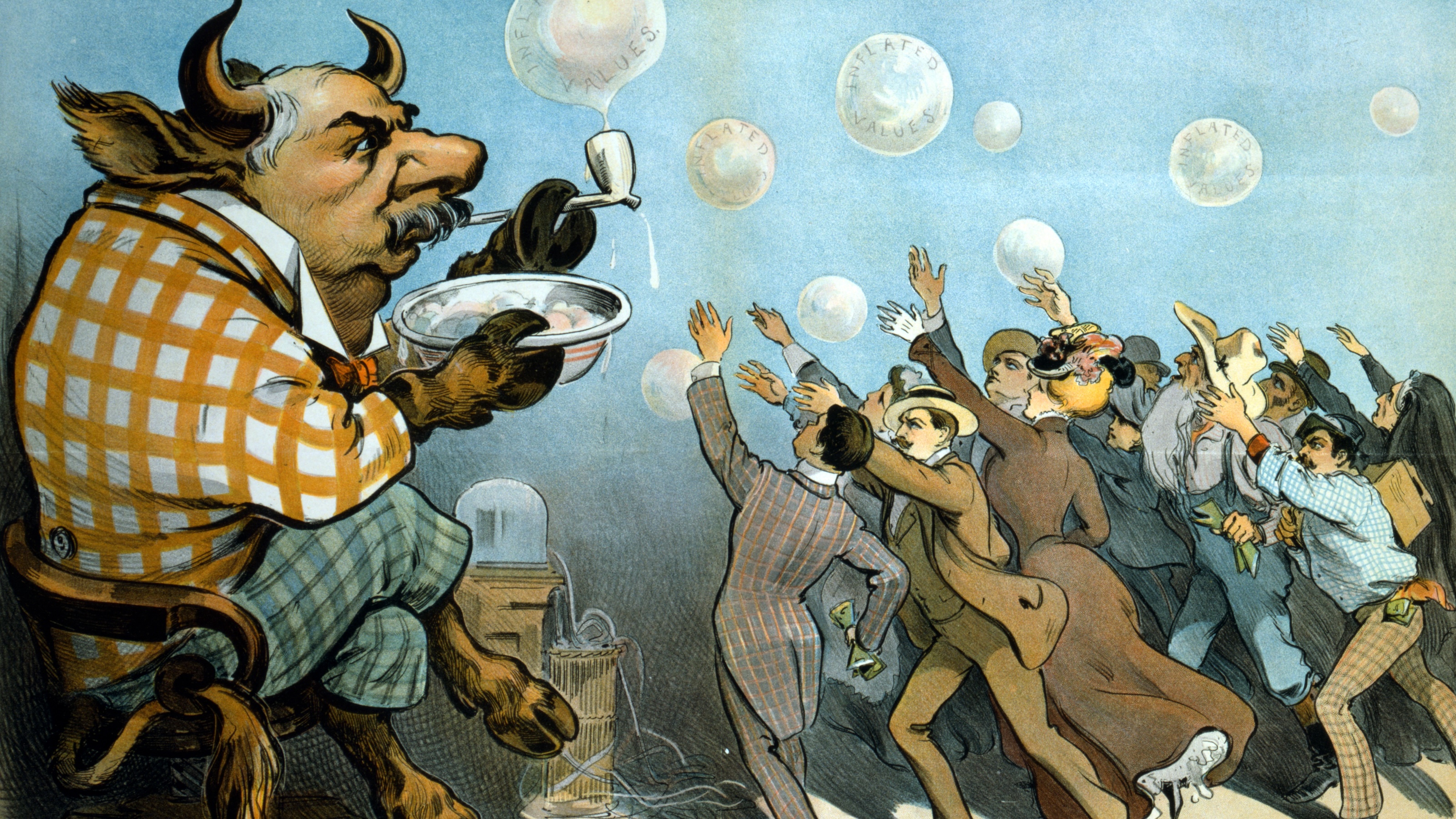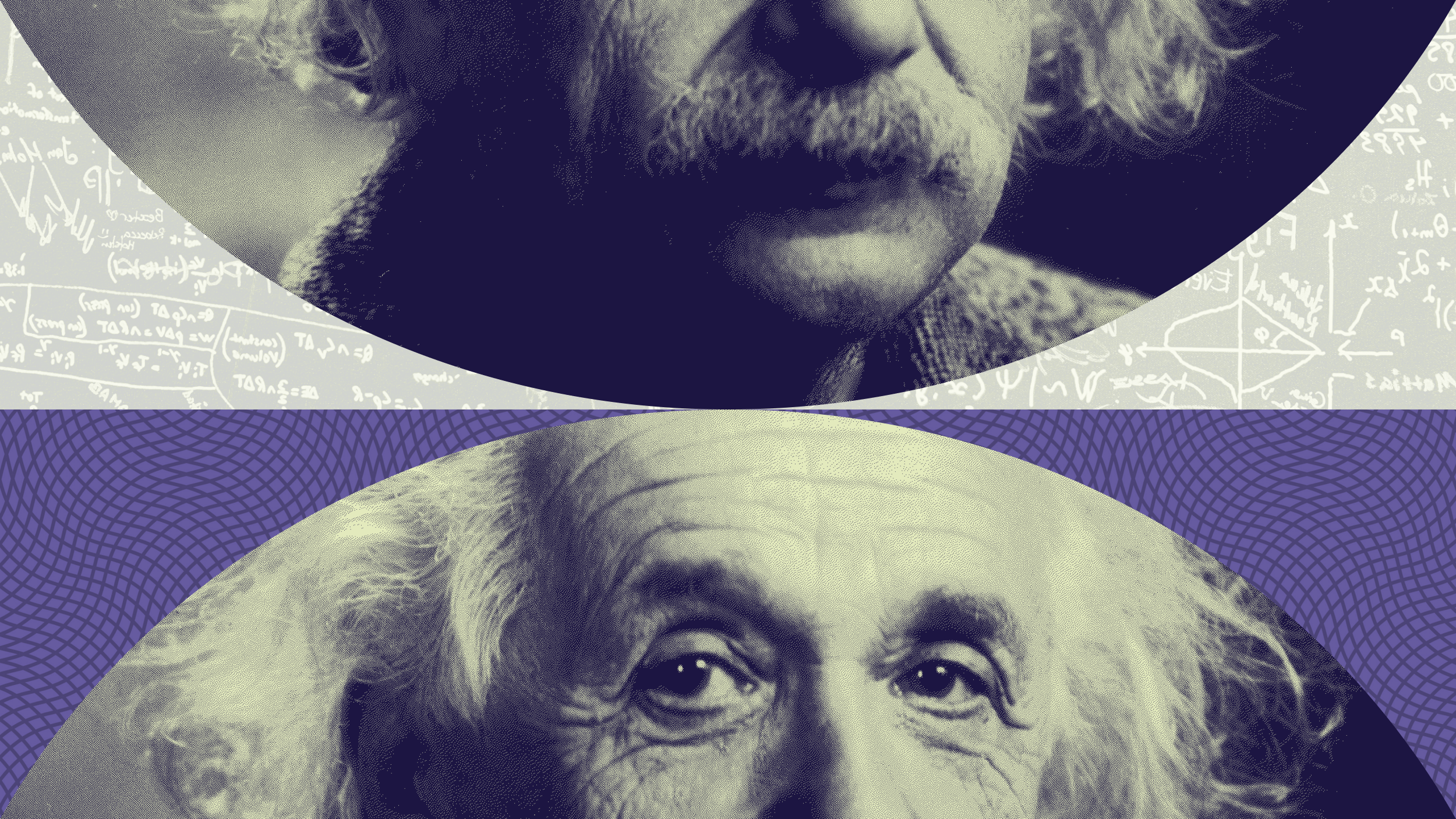Communities that allow self-expression will gain an entrepreneurial edge.
Question: Is there an economic dimension to the gay rights discussions taking place in the U.S.?
Richard Florida: At the highest level, I actually think that when we look back on the history of understanding economic growth, we’re going to recognize, of course – Robert Solo won a Nobel Prize for this idea that technology matters to economic growth. We are surely going to understand, and we’re understanding now, that human capital, knowledge accumulation matters. Whether it’s Ed Glacier or Paul Romer at Stanford, that human capital accumulation, knowledge accumulation – Robert Lucas at Chicago, I think what we’re going to finally understand is that these things that we thought were social and cultural characteristics, particularly with regard to openness to diversity, meritocracy. I call them the three “T’s,” technology, talent, and tolerance. This tolerance dimension, this social and culture dimension is not just something we do because it’s right and it’s ethical and it’s moral and it’s the right way to treat people. We’re going to find that these social and cultural factors really add a lot to economic growth and it’s not just the Protestant ethic of thrift and hard work that Max Vaber identified a century ago, it’s actually I think what made America great in the Great American Century was this idea that people could come from all over the world and make a life if they want, have a dream if they wanted, do the kind of work, and without regard to ethnicity. So, one of the things that we found, of course, when we look at the history of entrepreneurship, there are lots of foreign born people. Whether it’s Andrew Carnegie in steel, or Andy Grove, the great semi-conductor inventor at Intel, or anyone in the high tech. You know, there was a great study where they looked at Silicon Valley and found that between a third and 50% of all those companies were founded by somebody that wasn’t born in the United States.
Well, the thing with gays was really interesting to me. I was working on this at Carnegie Mellon. Just minding my little ole’ own business trying to study the knowledge economy and how cities compete, and the role of quality of place factors and artists. And there was a young man who was completing his PhD. His name is Gary Gates, he is now at the Williams Institute at UCLA. And my Dean at the time kept saying, you should meet Gary Gates. I was coming back from sabbatical at Harvard. You should meet Gary Gates who is a great guy. He’s been studying the location patterns of gay men and why they’re clustered in San Francisco. What he’s finding is that gay men in San Francisco have effect – or related to amenities. Quality of life, a nice place, and so forth and so on. You’re seeing the same thing with your high tech people. So, I went to the meet Gary one day and as I’ve learned, if you work in this kind of socially – I don’t know, hot button area, culturally hot button area, there’s a lot of debate and dialogue. You have to develop a sense of humor. Gary said, “Rich, let me see your list of your high tech meccas.” And of course it was the San Francisco Bay area, the Silicon Valley, it was Austin, Texas, it was Boston, it was Seattle, it was San Diego, and on and on He’s like, “You just named five of the 10 gayest places in America.” So, we laughed hysterically and in my old New Jersey language, wouldn’t it be a great goof was the kind of way we – wouldn’t it be a great goof to look at this. It was a joke. Well, shit – sorry, excuse my French. We took a look at the data and Gary is a fabulous statistician and demographer. And the more we looked at the data, the more it became clear that there was an association.
Now, I’ve never seen any of my empirical works subject to this kind of scrutiny, well the association is furious, well the association is causal. You did not have instrumental variables. We said right off the bat. It’s not predictive. It’s not that gay men are leading high tech businesses. And then the thing that landed me on cold air with a young woman named Charlotta Mellonder, a Swedish young woman, we actually looked at the role of artist’s concentrations, gay male and lesbian concentration on housing prices. And what we found is controlling for income and controlling for education, the effect of this gay and lesbian arts culture thing was g-normous. But what was going on? So, places that were more open. Places that value people, that are more meritocratic, they’re going to attract more people with skill and ambition and entrepreneurial verve. It’s almost like an instrument, the gay and lesbian factor is approximate variable for a place that’s very open-minded and self-expressive. A place that – a creative person, we know one thing about them, they want to self-express, whether they’re Andy Worhol or Bill Gates, John Lennon, or Mick Jagger, they want to express themselves, what’s deep within them. So, places that allow you to do that, that activate that, that allow you to mobilize resources, they’re also the places that are going to gain an upper edge in the entrepreneurial and innovative realm.
So, that’s what we found, and I’ll tell you, the kickback to that, I’ve never been exposed to this kind of ricochet effect where people want to rip this effect to shreds. And I think it reflects the fact that it’s a hot button issue. But we think we’ve shed some light on it and we think that now, newer generations of economists, this young guy named Scott Page at Michigan has written a whole book on diversity. What he’s concluded theoretically is that if you want to get a new idea in innovation, you need cognitive diversity. Demographic diversity, a mixing of people is a great proxy and a great way to get cognitive diversity.
Question: What should businesses take into account in positioning themselves as magnets for creative talent?
Richard Florida: Well, the first thing, for all you business folks listening in, or viewing, I actually wrote a lot on this. I wrote the whole middle section of Rise of the Creative Class, deals with how business can compete and can harness and mobilize creative talent. So, take a look at it. I actually wrote a piece with Jim Goodnight in Harvard Business Review looking at the SAS Institute. But I think for business, this ability to attract talent, and the companies that are doing this, this is best practice, the companies that are attracting people globally, that are putting in place diversity efforts, and I’ve gotten to speak to a number of these companies and see what they’re up to. That’s clearly the wave of the future. Now, don’t get me wrong. I want to be really honest. Whether there’s a city out there, or a company, that can harness one ethnic group, or one racial group that can develop a niche in that. If they’re religiously oriented or whatever that is, it’s possible. So, somebody that will come up with an example of a city or a company that is more homogeneous, that’s quite successful, but in general, in general, the advantage you get from open-mindedness and diversity and meritocracy and being inclusive. And I think most importantly, what the real key to the creative age is, allowing people to self-express. Allowing people to be themselves and not have to be this facsimile of a person, a company man, if you will, a company person.
I said in "Rise of the Creative Class," it’s not like you can pump creativity out of someone, or speed up the assembly line of creativity, people can easily withhold their creativity. So, if you’re not motivating them internally, if you’re not motivating them intrinsically, if you’re not allowing them to self-express, they’ll just shut down and they’ll use their creativity at night, or on their off time. That’s really the thing.
Peter Drucker said, “You’re no longer going to be able to motivate these creative people with money. You have to treat them as volunteers.” You have to allow them to self-express. That’s were companies have to get to. And I think the best companies; the biggest global companies see that.
Question: How do we build a society that values the creativity of every person for the good of that society?
Richard Florida: That’s our end game, right? That’s my end game and the fist thing you have to do, I think, is education and speaking and evangelism, and you have to get out there and make the case and show facts. The other thing I think we have to do is what this person did. One of the things that I find always happens to me is people see the word “creative class” and they say, “Oh my god, he’s talking about a creative elite.” Either an artistic elite, or a technological elite, depending on upon who. But in all my work, I’ve said that every human being is creative. What we have to do is include everyone in this creative class.
And so I think that’s a continuous message, that it’s not just about supporting a creative elite and an unequal society, it’s about harnessing and enhancing this thing that every human being shares. Every human being shares, every child has intrinsically, this ability to be creative and then showing how we’re not going to grow our economy, we’re not going to be prosperous, we’re not going to develop our people, allow them to have healthy, happy and fulfilled lives unless they can.
I think the other part of this is, look at the giant consumption and shopping binge that we just went through. What is that about? I’m going to buy my identity on a designer rack. And you look at these young gals, these young Hollywood gals and literally a label on every part of their anatomy and body, and the right car. That’s because people can’t find purpose. Right? And I think what we really do is we don’t create our self simply through consumption. I don’t want to be anti-consumption. My dad was really happy when he bought a new Chevy. I’m telling you, he waxed that thing, and there was pure joy in the guy’s eyes when he got a new Chevy. But giving purpose in their lives and giving people purpose, I certainly felt a lot better in my own life when I found a purpose than when I was a young kid trying to play music, or trying to get through school. I found a purpose, I could write, I could make a difference. And I think that most people that you talk to, most people that you might interview. When they find their purpose, it creates an enormous well-being, that’s what psychologists of creativity and fulfillment tell us. Imagine if we would give that gift to more people, but not just to give them the gift, I think giving them that gift to self-expression and be creative is actually the economic pump – primes the pump, it creates more innovation, it creates more entrepreneurship, it gets people ignited and excited. And I think that’s where we have to go.
Recorded on December 14, 2009





